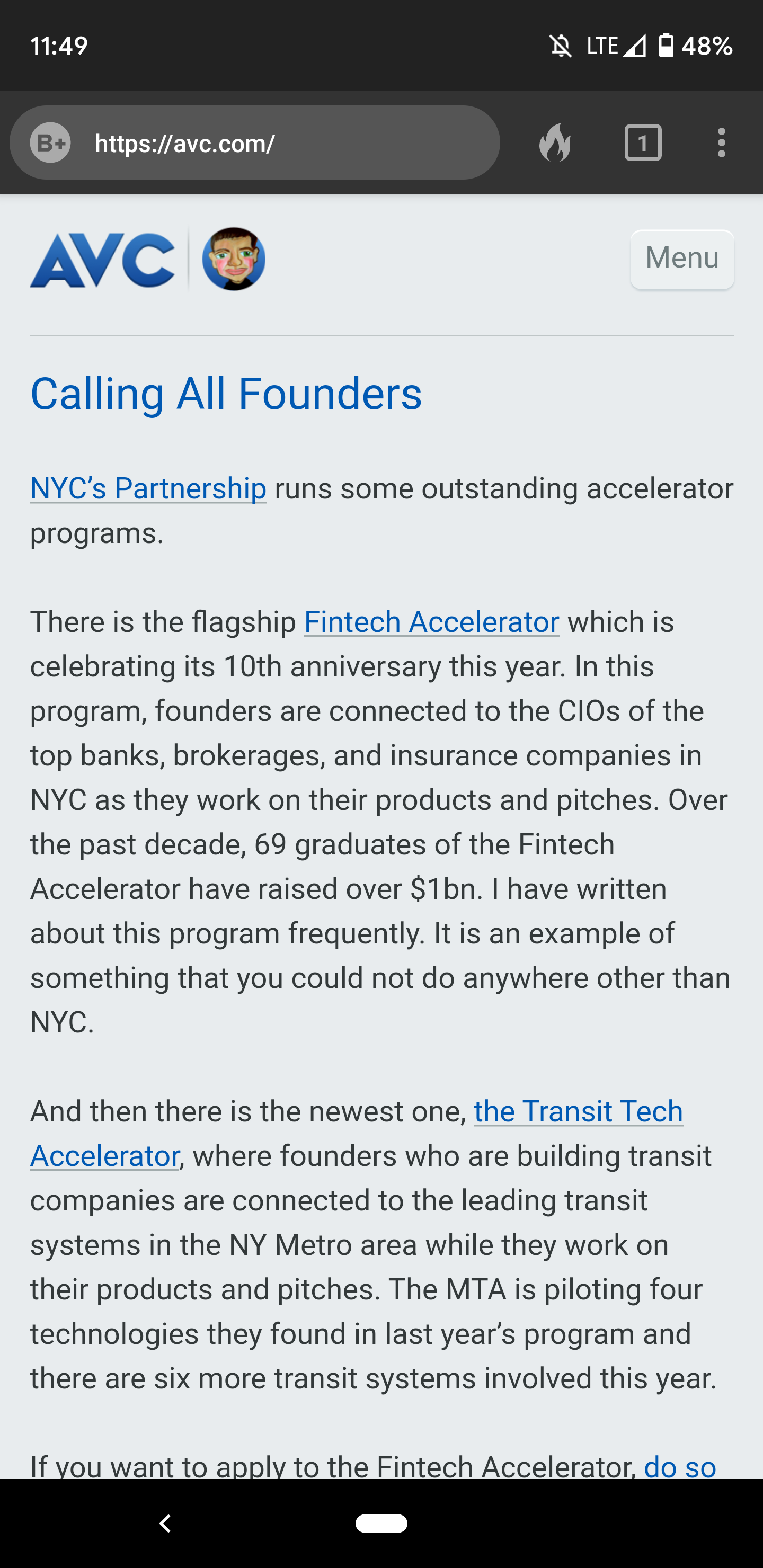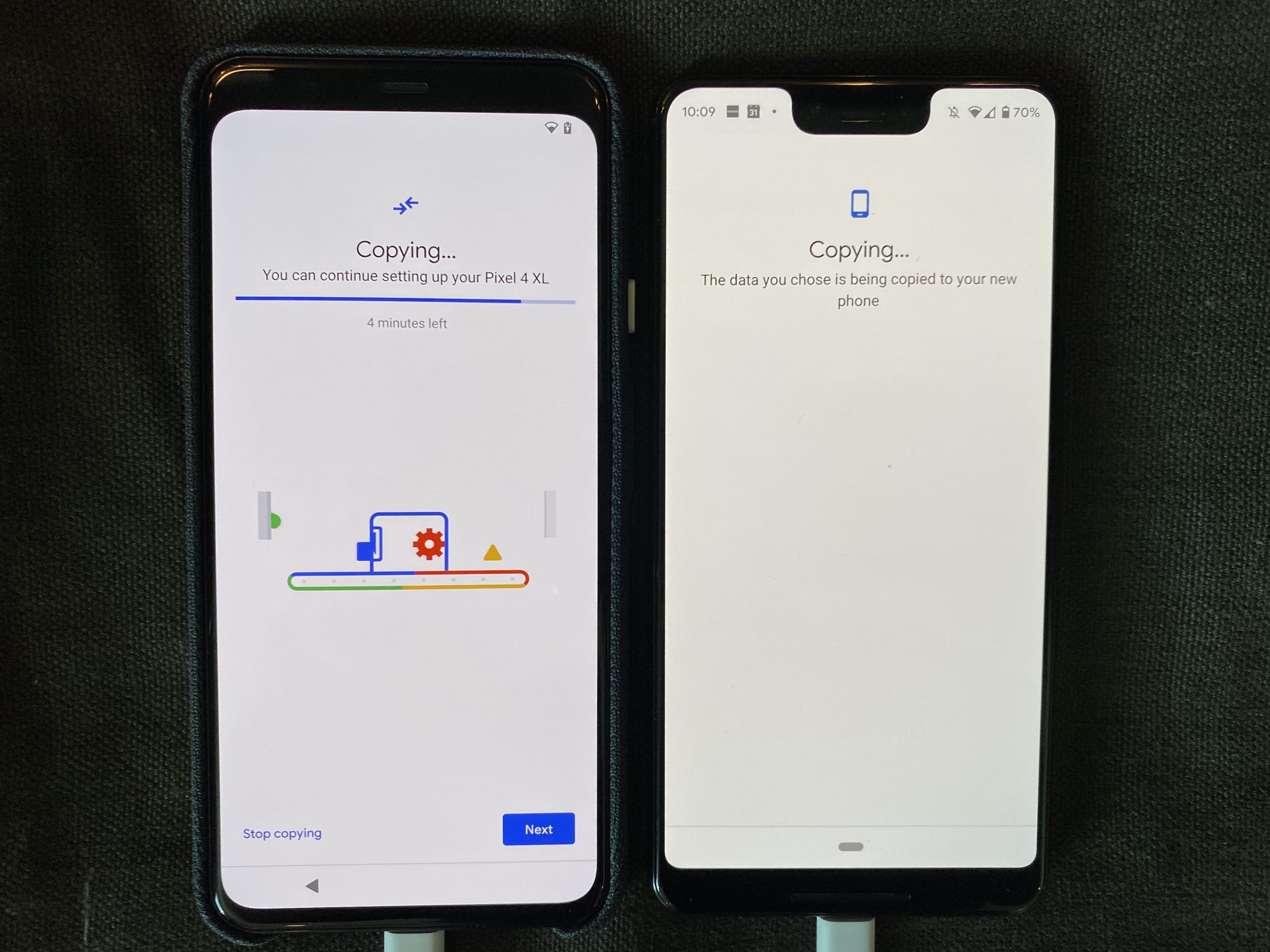Airpods vs Airpods Pro
Although I am an avid Android fan/user, I am equally fond of Apple’s Airpods. I have used the original and V2 Airpods with great success over the last few years and can’t imagine using anything else to pair with my phone for audio.
I purchased the AirPod Pro a few weeks ago and have been using them exclusively and I am not quite sure if I want to stay with them or go back to the V2 Airpods.
I have never liked headphones with silicone tips. They create an odd feeling of pressure in the inner ear that feels strange to me. And I also don’t love noise cancellation when I am out and about, which is where I use the Airpods.
On planes and in the office, where noise cancellation is something I quite like, I use over-ear Bose headphones with noise cancellation instead of the AirPods.
I also don’t love the larger charging case, which I typically have on me while I am out and about.
And, I don’t think the Bluetooth pairing (which is how they connect to Android phones) works as reliably as the Bluetooth pairing on the V2 Airpods.
I am going to give the Airpods Pro a few more weeks before I make a final call, but I am leaning towards going back to the V2 Airpods right now.
I am curious to hear what others think about these two Airpod products. I wonder if I’m in the minority or the majority on this.


